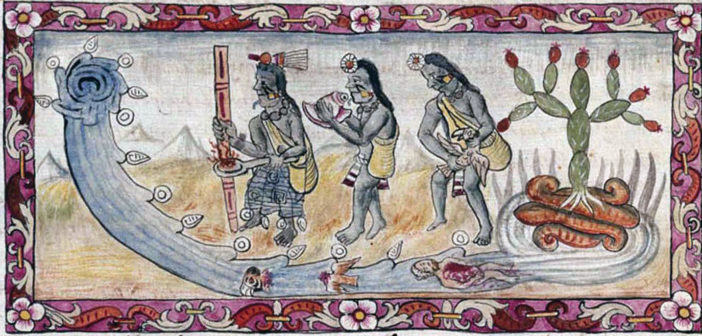Thirty years ago, the anti-abortion movement had an image problem. In most media reports, opponents of abortion were depicted as angry men opposing fundamental women’s rights. They were “anti-abortion.” Those who advocated for legalized abortion, on the other hand, were seen in a positive light, championing “choice” and the right to freedom. They were “pro-choice.”
Hoping to change this perception, John Willke, the President of National Right to Life, came upon a simple solution. He insisted that his fellow anti-abortion advocates stop using the phrase “anti-abortion,” opting instead for the term “pro-life.” Although the term pro-life had been used haphazardly by anti-abortion groups previously, Willke felt it was imperative that the term become the only label for those fighting against abortion.
The label made sense, both in practice and in perception. Abortion is the direct killing of innocent life, so using the term “pro-life” denoted that being against abortion was being for life. Likewise, it was an effective marketing strategy. Pro-abortion forces claimed to be “for” something (“choice”); now anti-abortion forces were for something even more fundamental: life itself.
Although initially the pro-life label normally referred solely to abortion, it soon took another issue under its banner: euthanasia. As Dr. Kevorkian made “assisted suicide” a national topic in the 1990’s, pro-life groups began to fight against that barbaric practice as well. Including euthanasia under the pro-life umbrella seemed like a given, since it also involved the direct killing of an innocent human being. Yet the term was still limited and clear. Pro-life people were those opposed to abortion and euthanasia.
Evolution of the Seamless Garment
Even in the early days, however, there was tension over expanding the pro-life label to other issues. Over the years, one of the most common criticisms of pro-lifers is that they only care about life before birth, and don’t care what happens to a baby after she is born. Veteran pro-lifers have heard this canard for decades and typically shrug it off, knowing the reality of pro-lifers who work tirelessly at crisis pregnancy centers, soup kitchens, hospitals, and thousands of other outreaches.

